Meet Langston Hughes, the"People's Poet"
James Mercer Langston Hughes was born on February 1, 1901, and died on May 22, 1967.
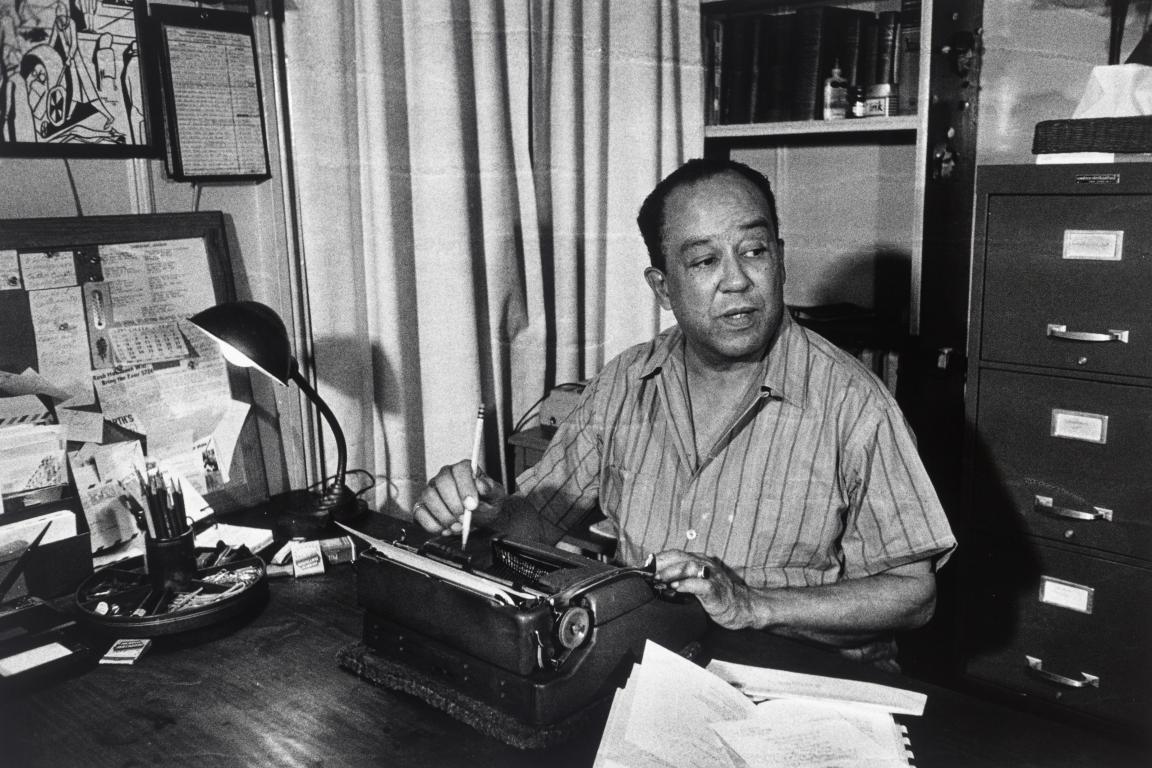
As a poet, author, and columnist, Hughes used his talents to showcase the beauty, challenges, and strength of the African American community.
How does Langston Hughes's poetry impact us today?
It encourages us to dream big as we deal with adversity.
1. Celebrate Who You Are
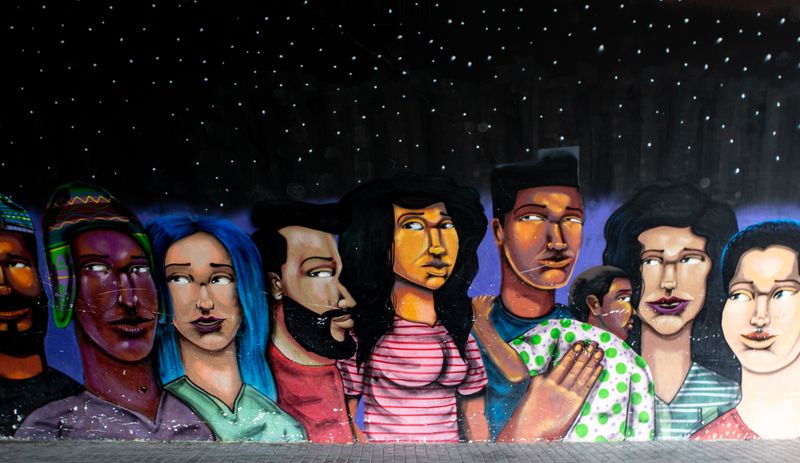 Photo by Miles Peacock on Unsplash
Photo by Miles Peacock on UnsplashLangston Hughes aimed to capture the lives and experiences of African Americans in his poetry.
Hughes's poem "My People" celebrates the working class.
Dish-washers,
Elevator-boys,
Ladies’ maids,
Crap-shooters,
Cooks,
Waiters,
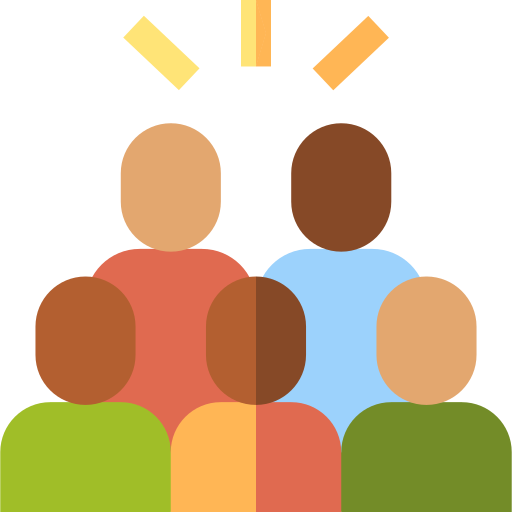
He calls us all dreamers, singers, and storytellers to show that we're more than just our jobs.
Dream-singers all,
Story-tellers all.
Dancers—
In the last line, "Laughers at the hands of fate", Hughes urges us to find joy regardless of our situation.
2. Persevere in the Face of Adversity
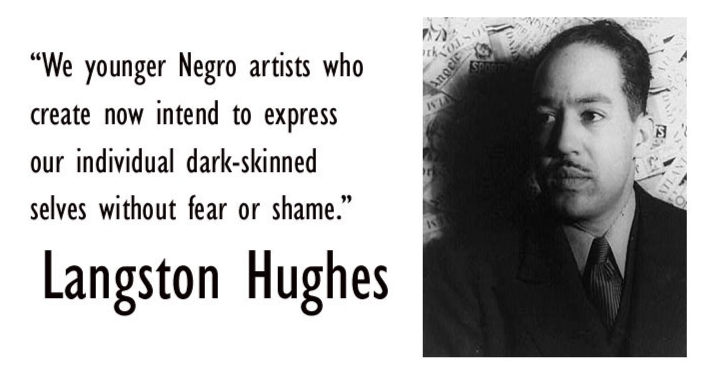
Langston Hughes was an influential leader during the Harlem Renaissance.
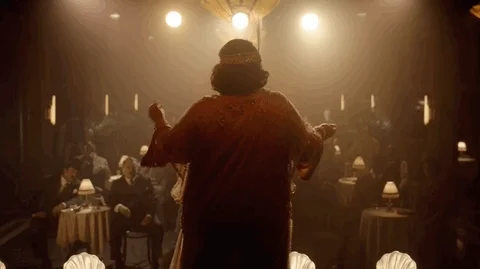
His poetry "confronted racial stereotypes" and educated his audience on the unique experiences, history, and identity of African Americans.
Listen to Hughes recite his poem "I, Too" in the video below:
"I, Too" helped define the Harlem Renaissance.
Hughes starts the poem by talking about the challenges and oppression people experience.
I, too, sing America.
I am the darker brother.
They send me to eat in the kitchen
When company comes,
But I laugh,
And eat well,
And grow strong.
Yet, he finishes with optimism, saying "And grow strong," highlighting our resilience.
 Photo by Danka & Peter on Unsplash
Photo by Danka & Peter on UnsplashHe continues with a call for equality.
Tomorrow,
I'll be at the table
When company comes.
Nobody'll dare
Say to me
'Eat in the kitchen,'
Then.
3. Hold Fast Your Dreams
 Photo by Greg Rakozy on Unsplash
Photo by Greg Rakozy on UnsplashHughes had big dreams. He used his poetry to celebrate beauty, culture, and history, and to speak up for equal rights for African Americans.
Hold fast to dreams
For if dreams die
Life is a broken-winged bird
That cannot fly.
Hold fast to dreams
For when dreams go
Life is a barren field
Frozen with snow.
Listen as Langston Hughes reads his poem "Dreams" in the video below:
"Dreams" encourages us to:
hold on to our dreams
let our dreams fuel progress
know without dreams, life is dull and unchanging
Quiz
What is the main message of Hughes's poem "Dreams?"
Take Action
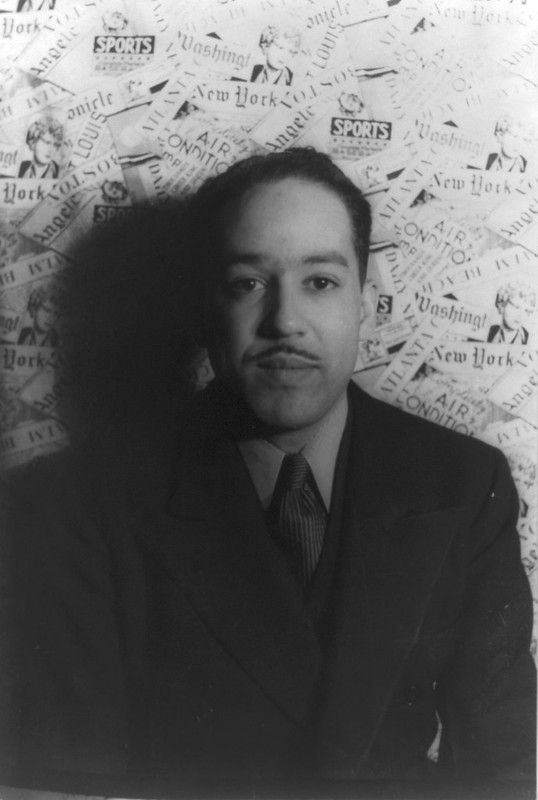
What can we learn from Langston Hughes, the "People's Poet"?
Your feedback matters to us.
This Byte helped me better understand the topic.
